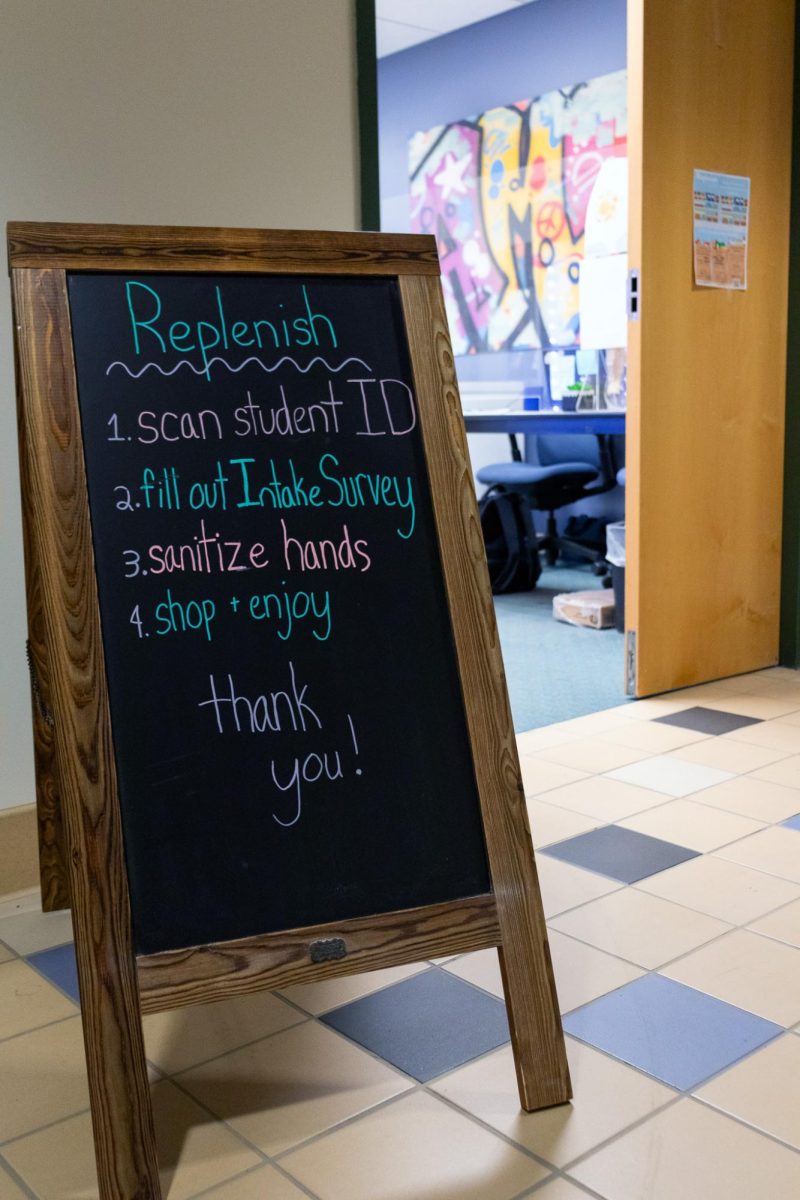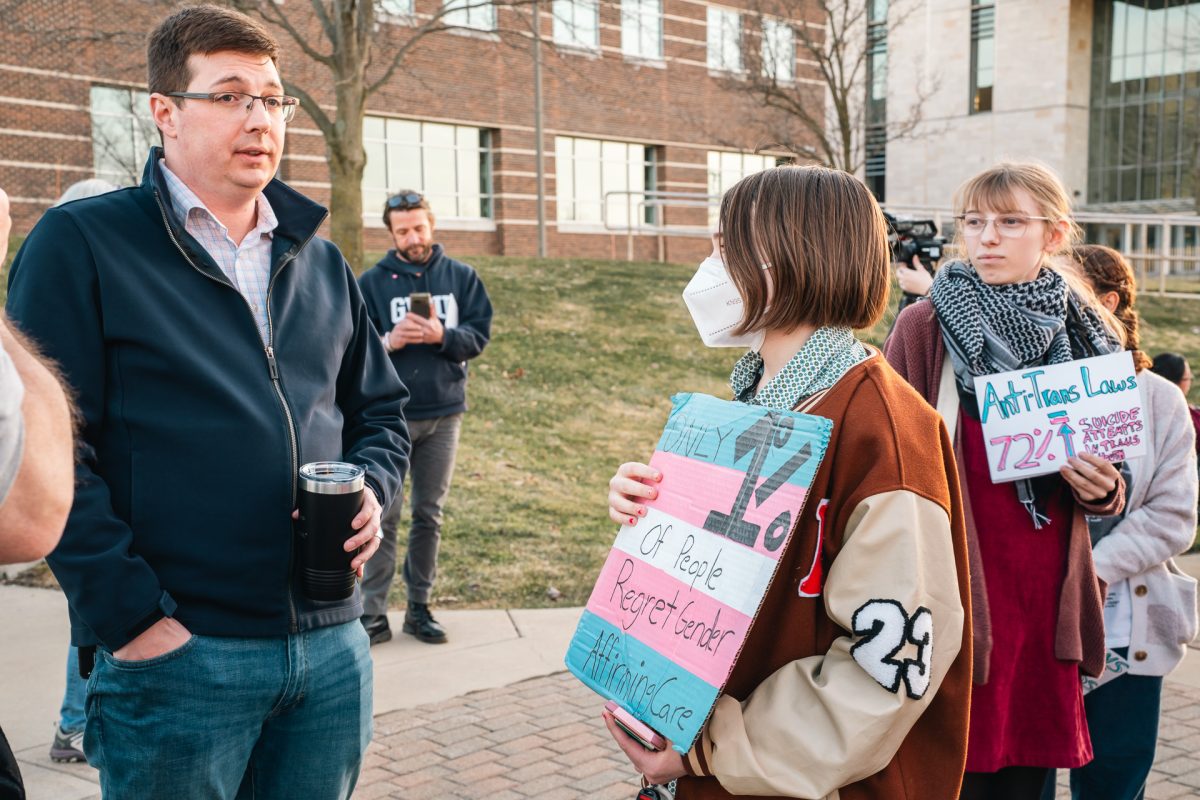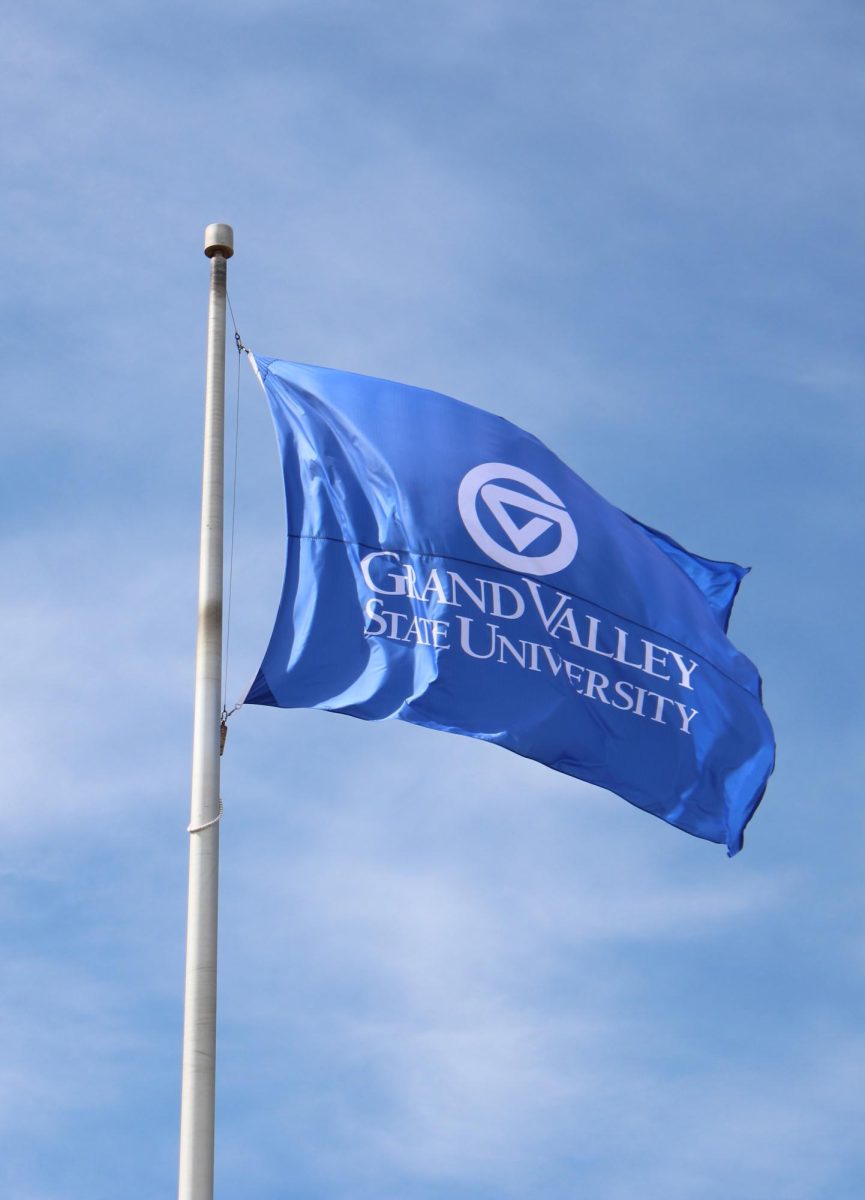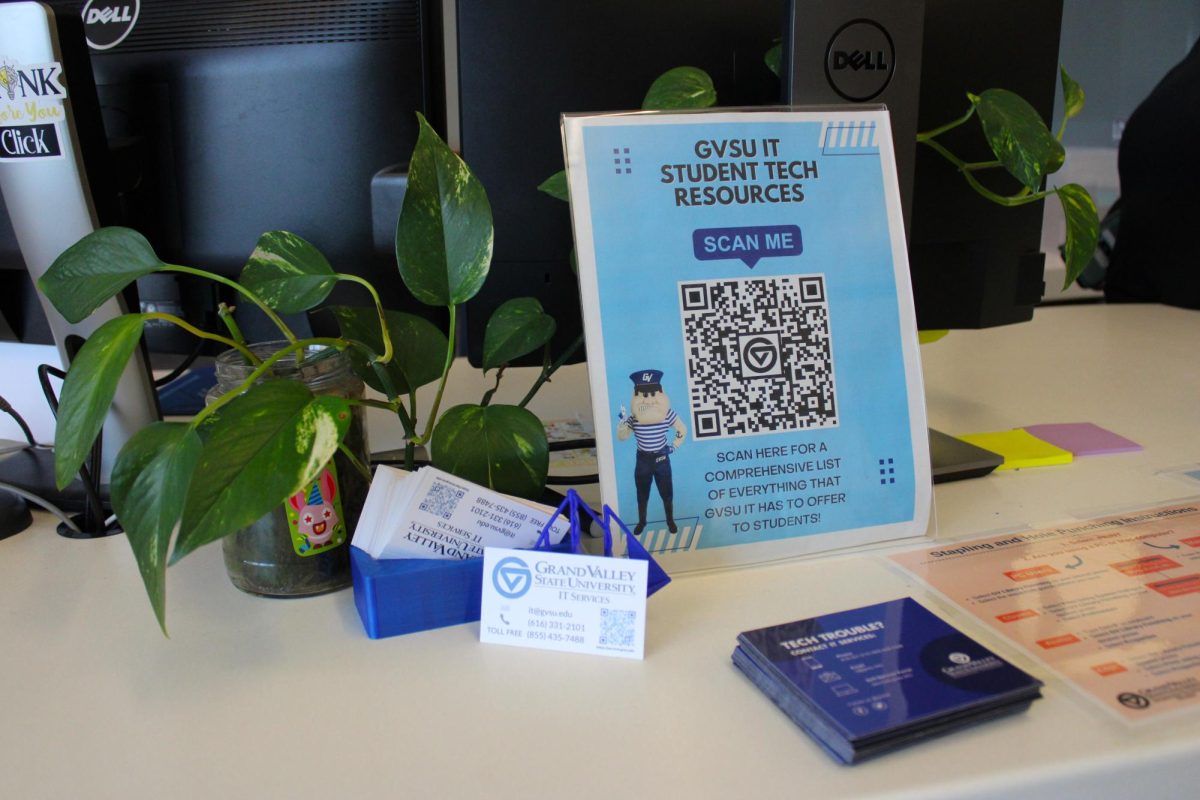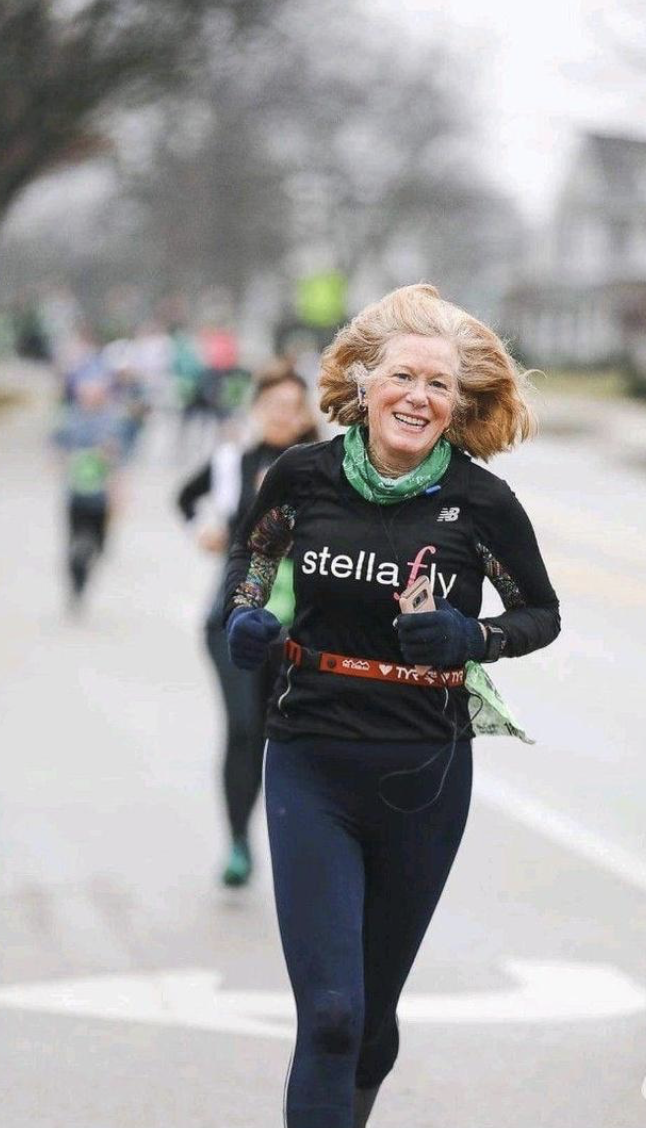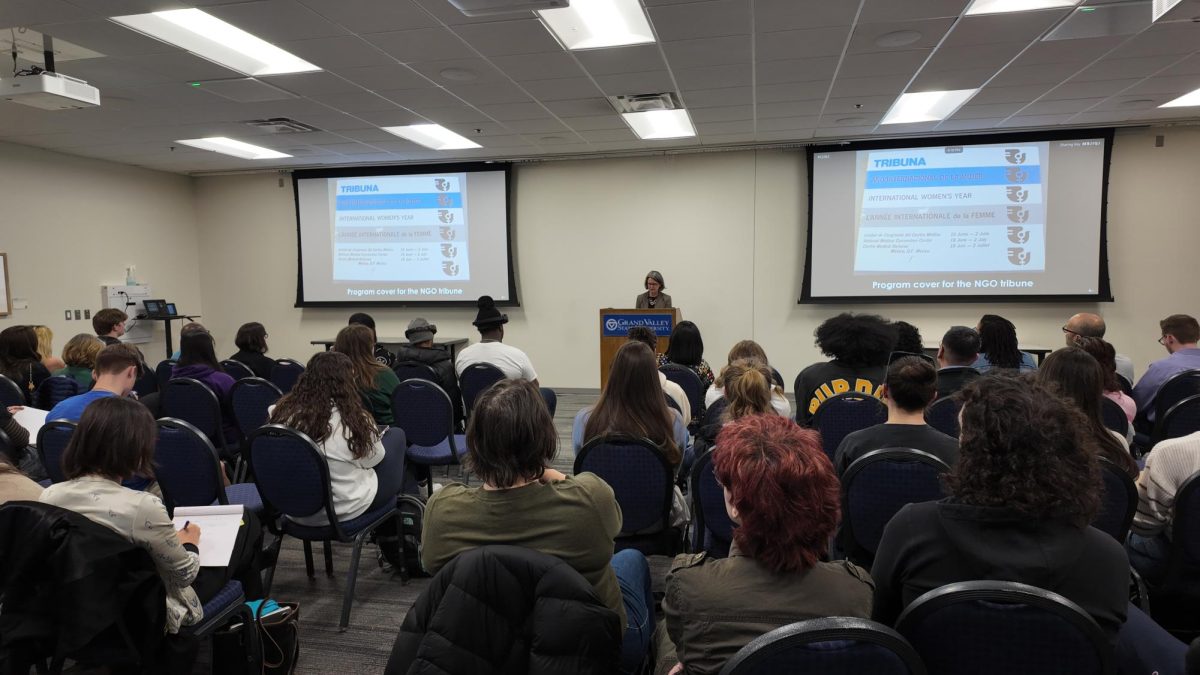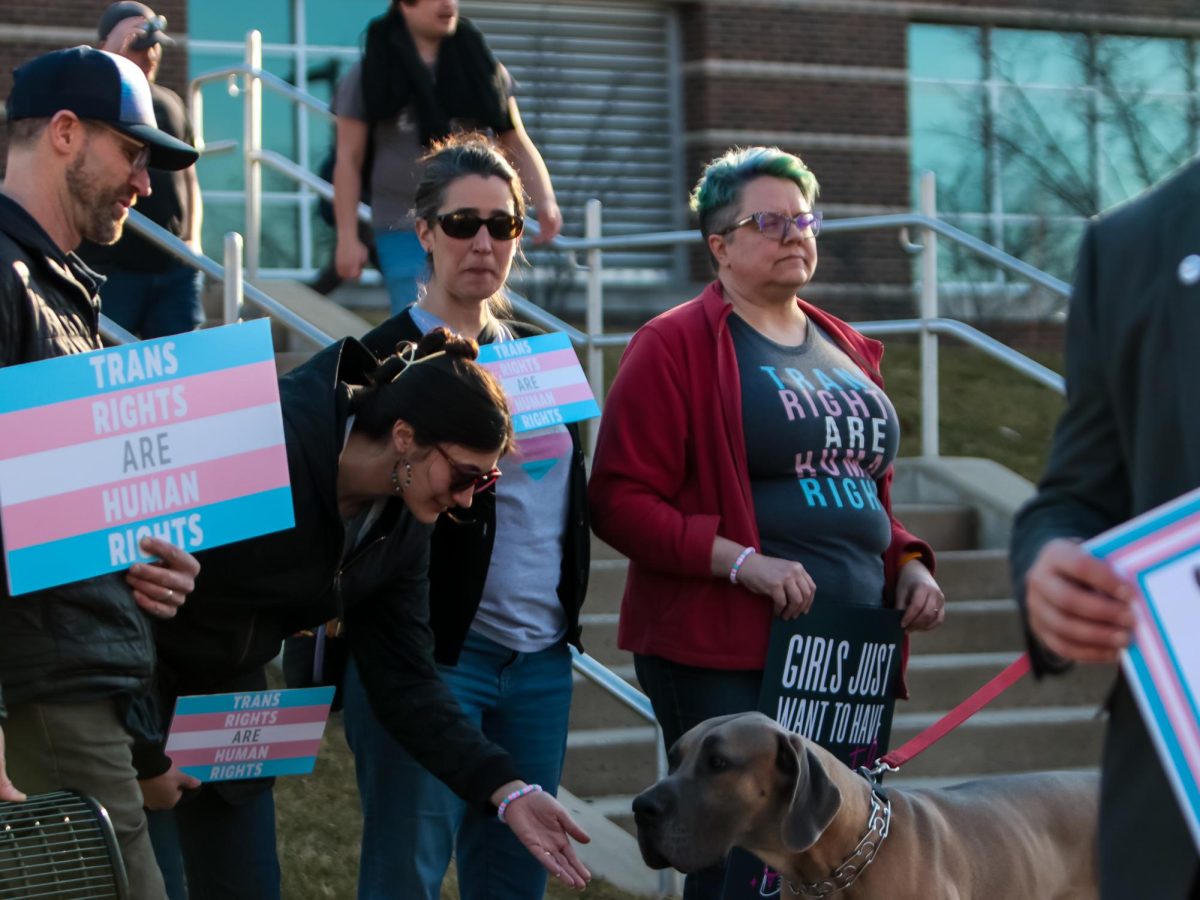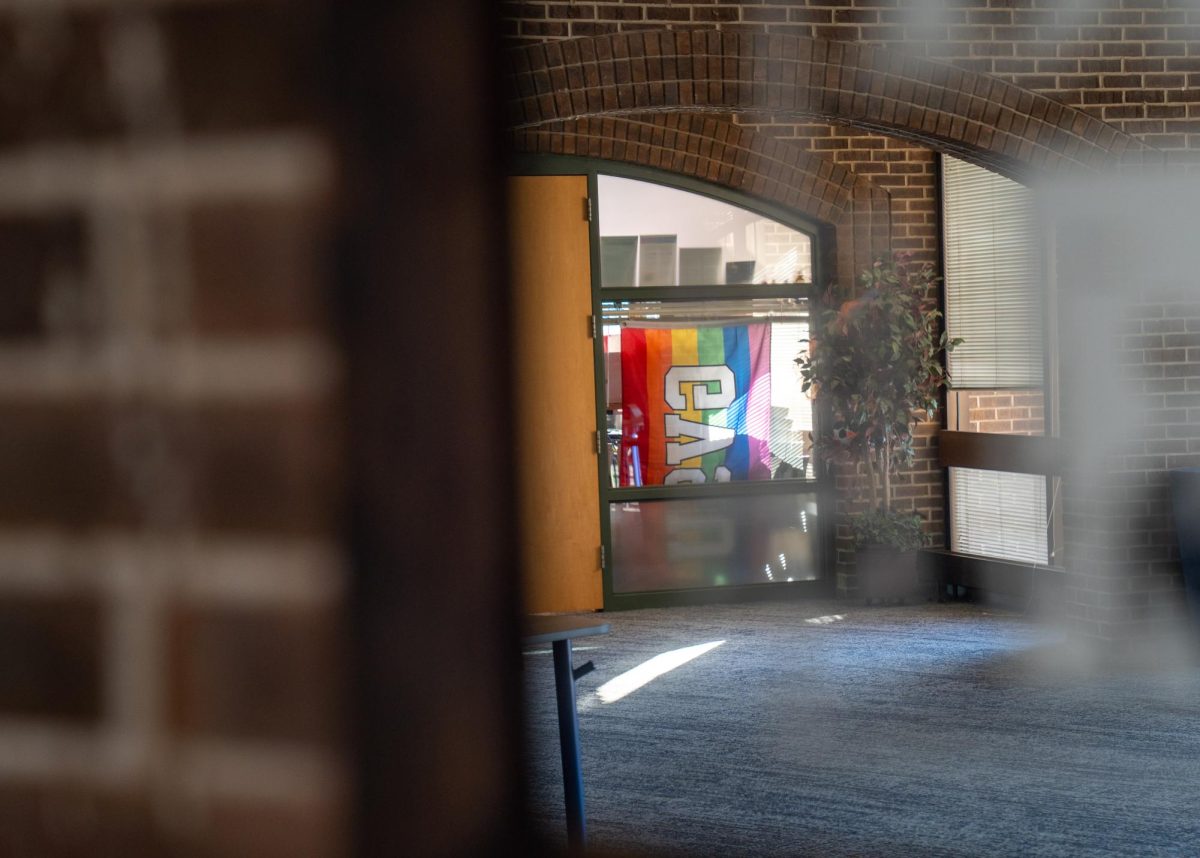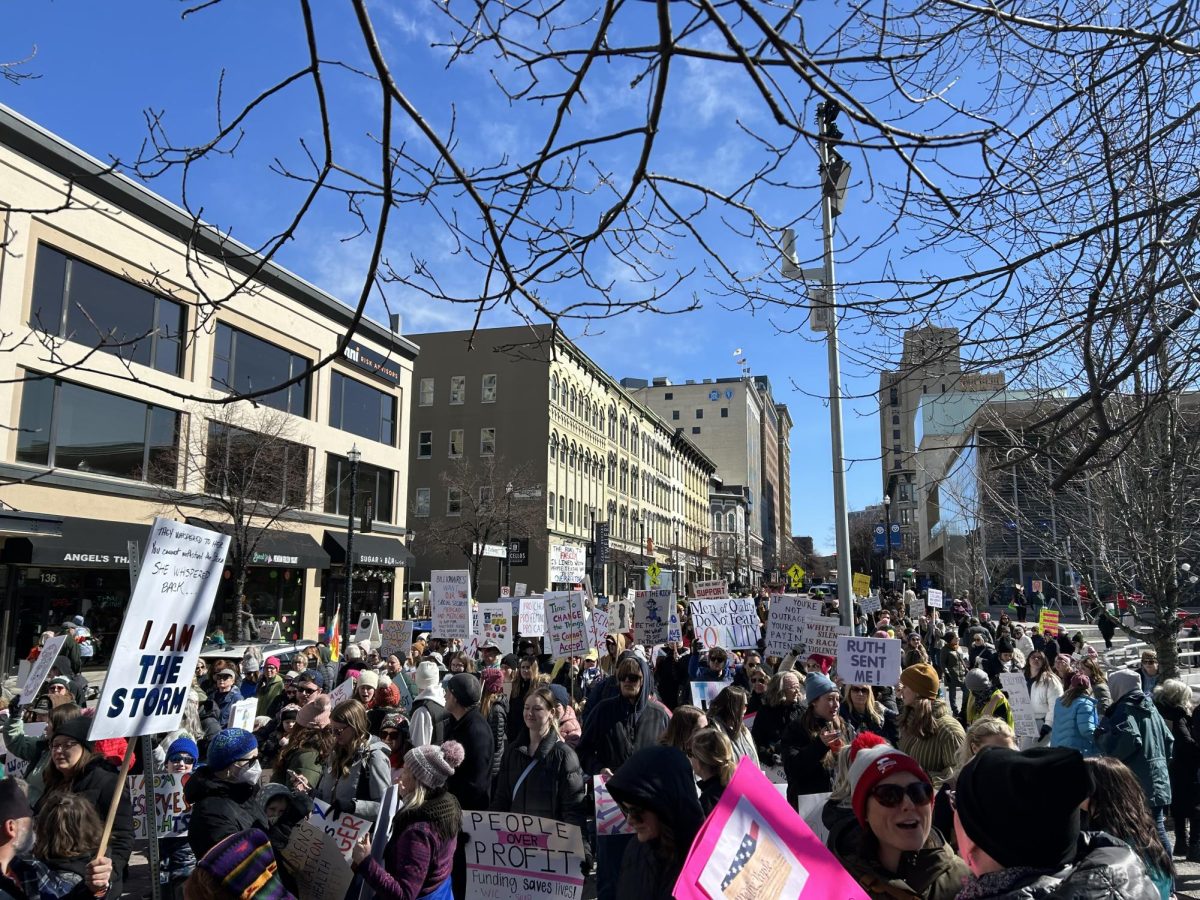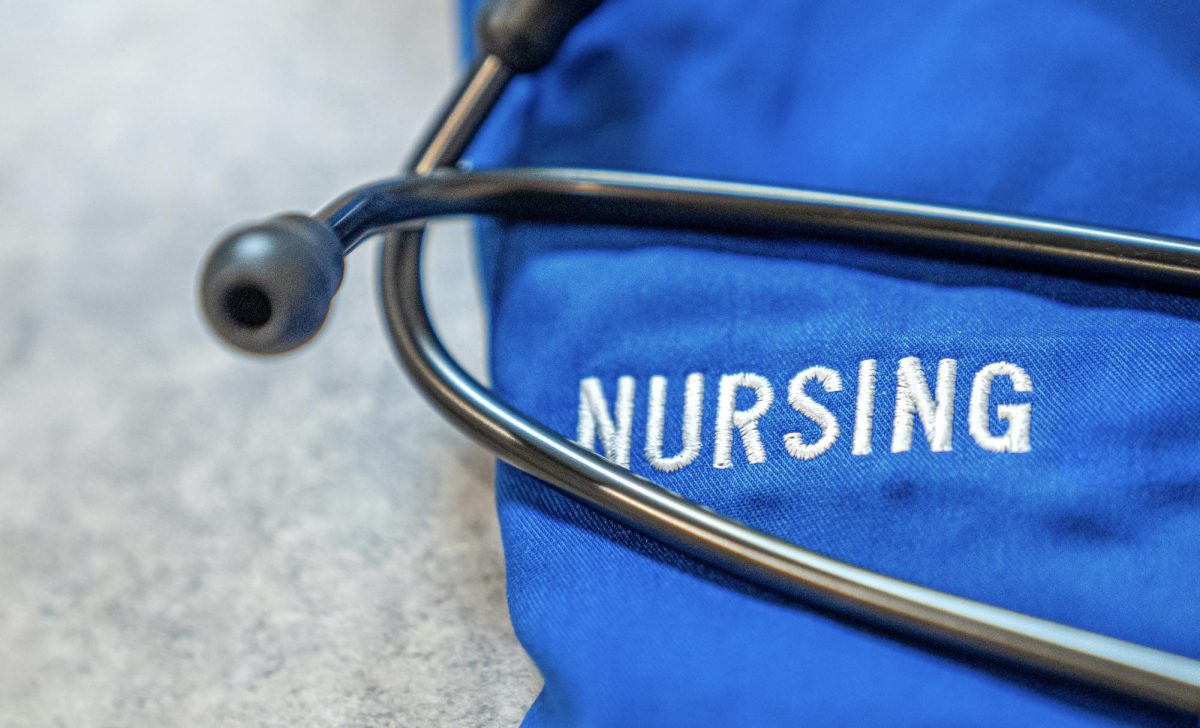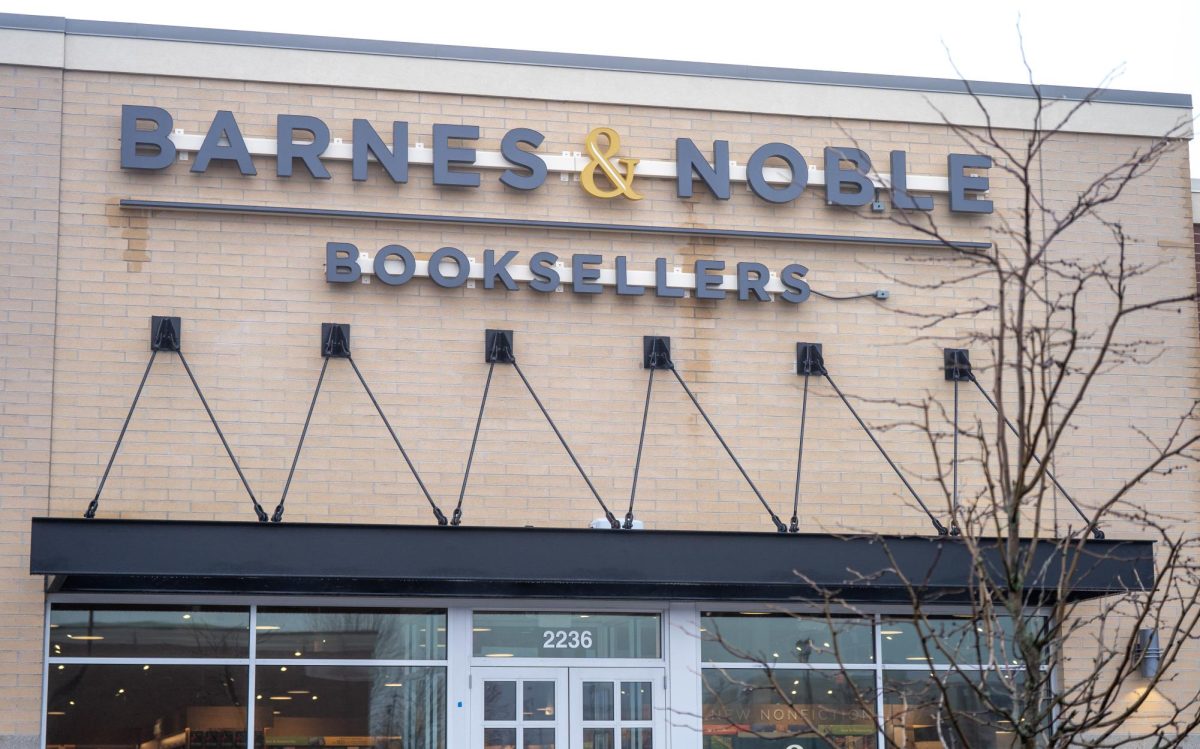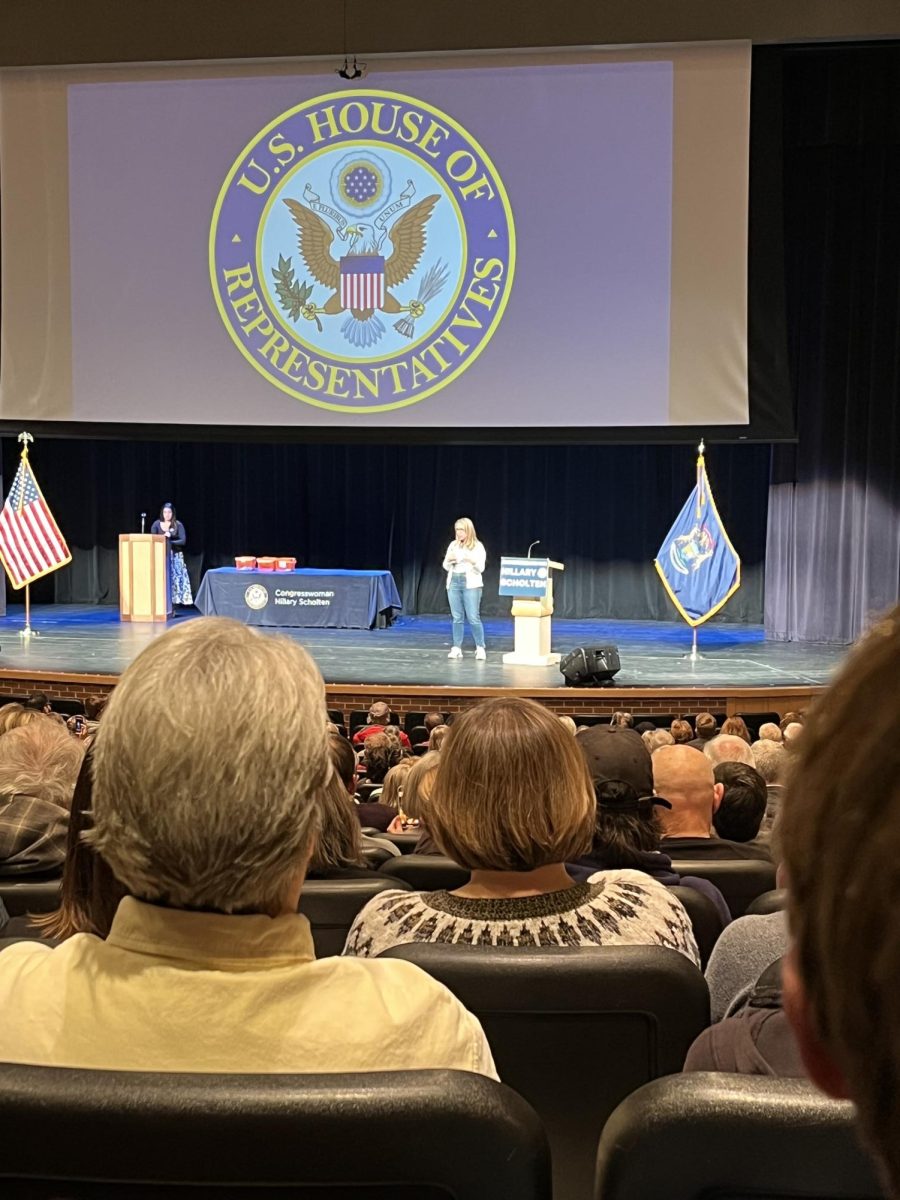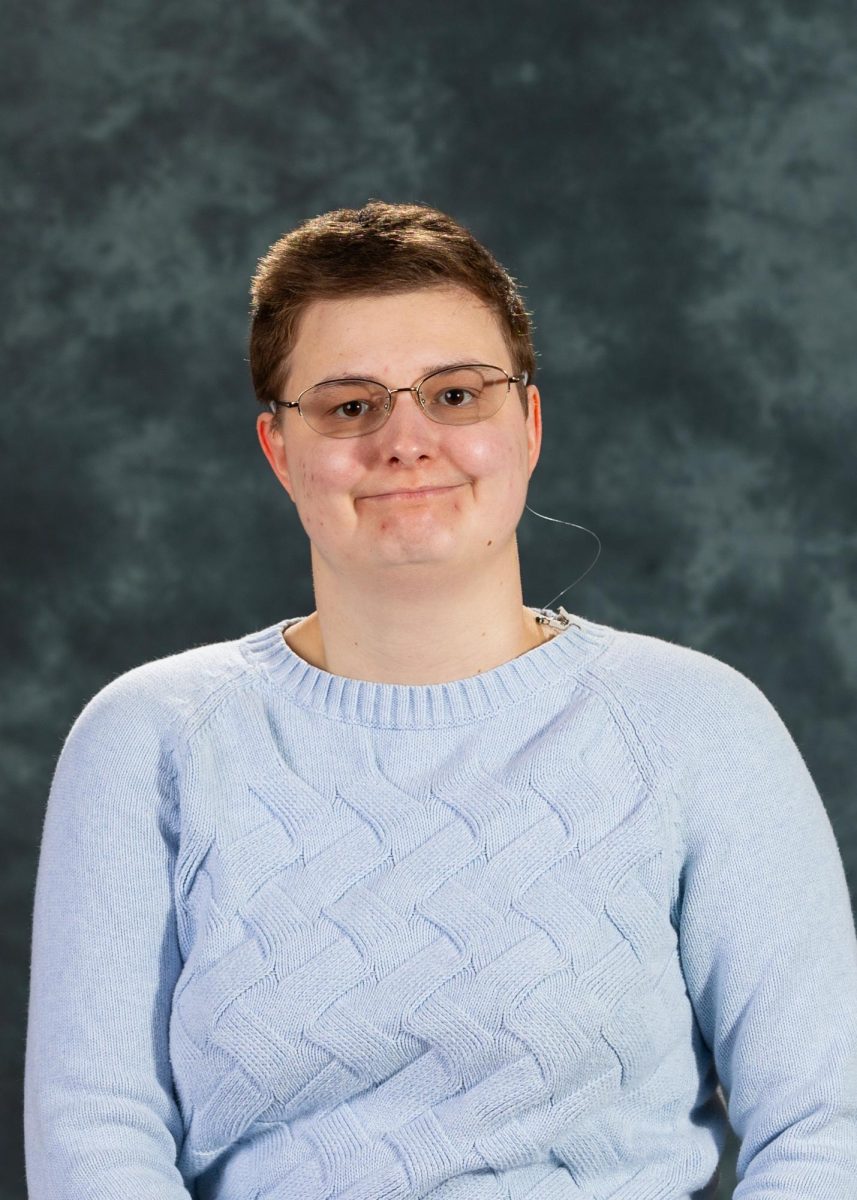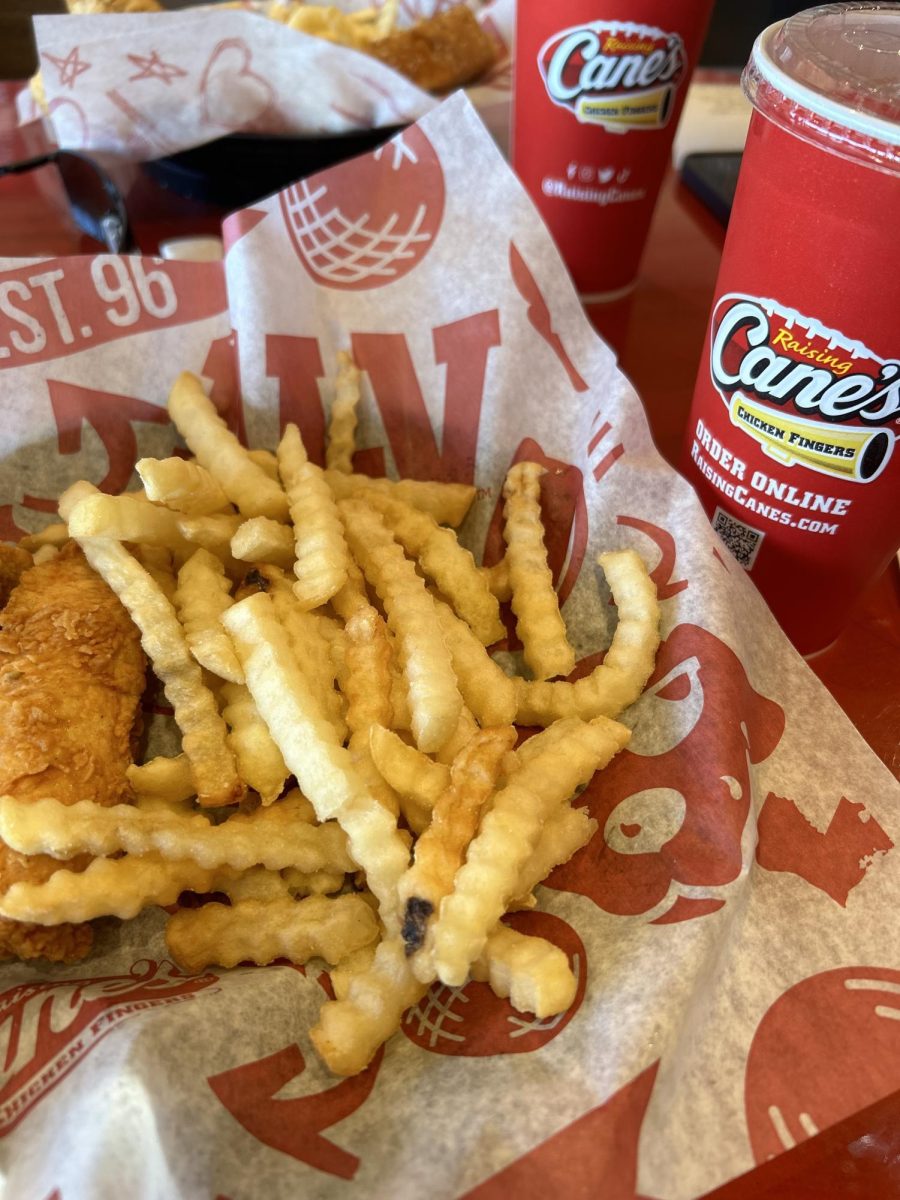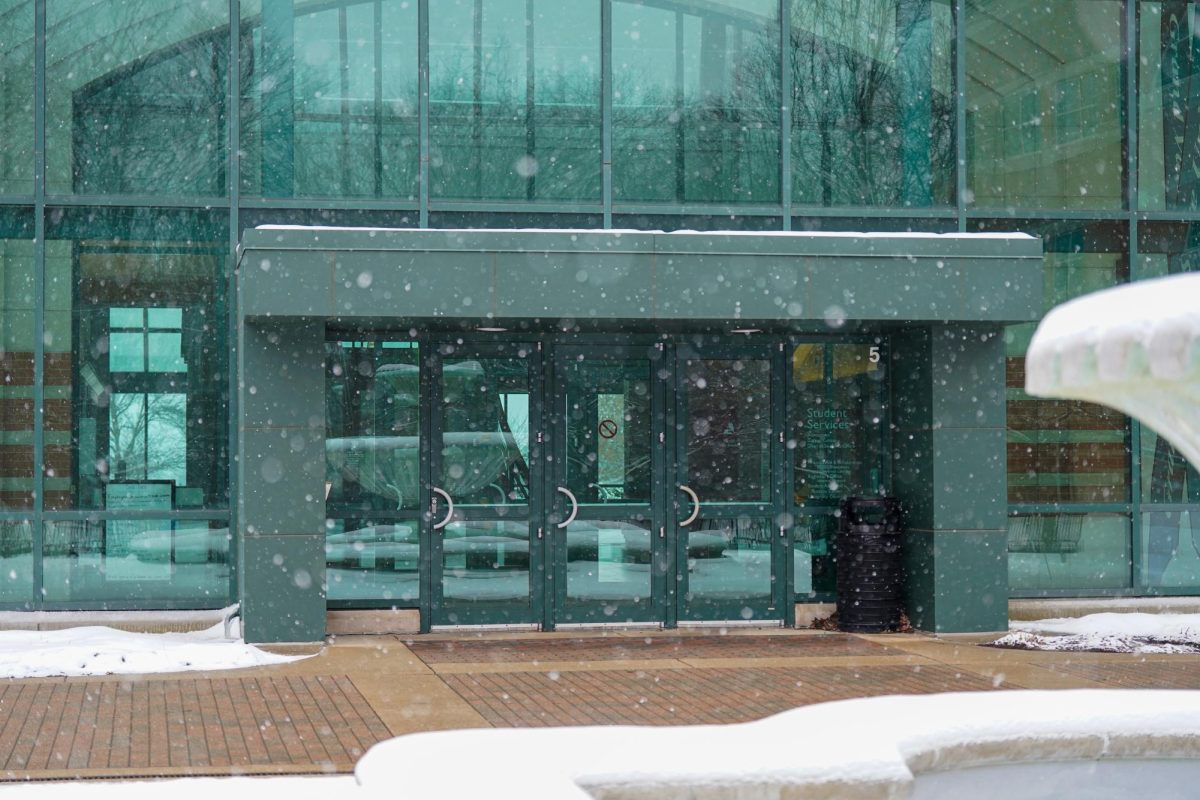Grand Valley State University’s Gayle R. Davis Center for Women and Gender Equity has recently partnered with their co-organization Replenish, a basic need center on campus, to create awareness of a government program called the Supplemental Nutrition Assistance Program (SNAP).
Replenish implemented a new SNAP-based series of informational meetings to help educate students and assist any individuals that might be interested called “Let’s talk about SNAP.” The first meeting took place on Sept. 5, opening the floor to any campus community members that are in need of nutritional support.
Replenish is a nonprofit organization dedicated to providing resources to students. Three times a month, students can go to Replenish, and after providing their GVSU ID they are allowed to take whatever they currently need. Items in Replenish are all donation-based. Community members can donate at any time that replenish is open. Currently Replenish provides perishable items, nonperishable items, clothing, childcare supplies and more.
SNAP is a government program that aims to help and “provide food benefits to low-income families to supplement their grocery budget so they can afford the nutritious food essential to health and well-being.” There are meeting times set throughout the rest of the semester welcome to all students at any time to approach and ask questions particularly regarding SNAP resources on campus.
“It’s how a lot of people get fed, the biggest age group that is a recipient of SNAP are people under eighteen, so this program mostly benefits kids in the U.S.,” said GVSU student Rowan Armour.
The program allows people who qualify for SNAP to have a card in which they can spend a specific amount of money at different food stores like Meijer. According to the United States Department of Agriculture Food and Nutrition Service, there are certain items that SNAP does not allow purchase of on the card such as alcohol and nonfood items. Additionally, the amount of money on the card is determined by multiple factors including income. Each state has different qualifications for SNAP but generally the qualifications remain similar.
In Michigan, some ways students can be eligible for SNAP is if they work at least twenty hours a week, have a documented physical or mental disability, or are eligible to participate in a state or federally financed work study program. College students who would like to apply must provide proof of their college and major along with meeting the income requirement.
However, many groups of people are effected by food insecurity. According to a study done by the Food Research and Action Center, food insecurity rates have increased “58.8 percent during the COVID-19 crisis with 13.5 percent of older adults struggling to put food on the table.”
Both SNAP and the Replenish programs aim to help students in times of need.
“When I went to replenish. They were able to give me a lot of necessities so I could get back on my feet,” said Azabeth Kish, a student at GVSU.
There are currently three Replenish locations, one of which is located on the lower level of Kirkhof Center, the second location is at Steelcase Library on Pew Campus and the third location is at the Cook-DeVos Center for Health Science. The hours are different for each location but each provides time for students to get their supplies. The next SNAP meeting with Replenish is set to take place on Sept. 19 in the Kirkhof Center location.
As food insecurity presents an issue for many individuals and for students in college, having programs like SNAP and places like Replenish aim to fight food insecurity by creating both awareness and a support system for students in need.





